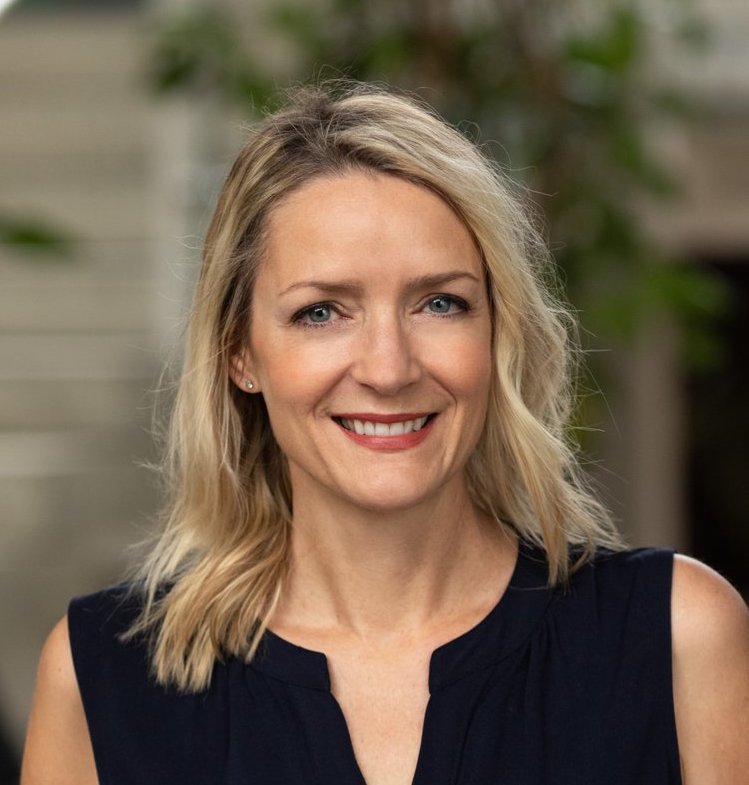What a Corporate Foundation is Doing to Advance Childhood Nutrition
/Nataliya Arzamasova/shutterstock
Minnesota may not be the first state that springs to mind when you think of big business, but 17 Fortune 500 companies are headquartered there, including household names like UnitedHealth Group, Target and 3M. All invest in their communities, but the foundation of a privately held giant stands out when it comes to local food justice and nutrition.
Cargill grew alongside its country. In 1865, when Lincoln was still in office, William Wallace Cargill and his brothers began operating a grain flathouse at the end of the railroad line in Conover, Iowa. W.W. wanted simple things, like helping farmers prosper and connect to markets, and putting their products in the hands of consumers. Operations expanded as railroad networks and agriculture spread across the plains in the post-war era.
Over the decades, he moved beyond grain and storage to coal, lumber, steel and livestock. W.W. pioneered the company’s growth himself until he passed in 1909, and his four heirs handed the reins to John MacMillan, the man who’d married W.W.’s eldest daughter, Edna. The company made Minneapolis its headquarters in 1913, and leadership stayed within the two Scottish lines all the way through to 1960, when Cargill hired its first president from outside the family.
Today, Cargill is the largest privately held global corporation in the country, with revenues topping $100 billion across agriculture, food, financial and industrial divisions. All told, it employs 160,000 associates in 70 countries. The family still owns 90 percent of the company.
Privately held companies generally keep a low profile, and Cargill is no exception. But it’s transparent about its charitable contributions, which totaled roughly $60 million last year, including international giving. Nearly half of that came through corporate social responsibility efforts, like the contributions directed by more than 350 local employee councils. The other half was made through lines of business. An additional $10 million was invested through the Cargill Foundation.
Cargill Foundation
Not to be confused with Cargill’s charitable giving—or any one of the Cargill family’s private foundations—the Cargill Foundation focuses on making a positive impact in its home base, the Twin Cities, where it operates 17 facilities and employs more than 5,000 people.
The foundation has an endowment of around $180 million and makes annual grants equal to the 5 percent payout requirement. In 2019, that translated to $10 million.
Katie Clark Sieben, director of the Cargill Foundation, says its mission is to minimize the opportunity gap for low-income children in the area, which is one of the widest in the country for children of color in terms of academic achievement and test scores.
Seventy-five percent of the budget is directed to its three focus areas: education, nutrition, and arts and culture. Fifteen percent represents unrestricted operating grants, which often leverage strategic giving. The remaining 10 percent comprises capital investments in partnerships to address needs like infrastructure.
The Cargill Foundation sees nutritional funding as all of a piece with its educational work, which targets the full spectrum of elementary and middle grades, as well as college prep. It particularly focuses on educational programs at the school and district levels that embed equitable STEM skills teaching and training in grades K-12. Partners in those efforts include the engineering teacher training curriculum at the Science Museum of Minnesota, Teach for America and the University of Minnesota’s STEM Education Center.
Nutrition aligns with the company’s mission to “nourish the world in a safe and responsible way,” and was adopted as a pressing local priority when data showed that one in eight—or 162,500—Minnesota children are at risk for hunger, resulting in negative outcomes for health, growth and learning.
Recent key partnerships include Appetite for Change, which involves children in the growing process through urban gardens, the Harold Mezile North Community YMCA Youth & Teen Enrichment Center’s educational programs on making healthy food choices, and the Twin Cities Mobile Market, a converted bus that increases access to healthy groceries and produce.
The first two relationships are longstanding. The mobile market partnership is in its second year. The foundation accepts applications by invitation only, but Clark Sieben, a former Minnesota state commissioner, says it keeps abreast of innovations by staying close to the “ecosystem of food” through efforts like a food justice convening that brings together 65 organizations working to identify needs and delivery channels.
Arts and culture investments are reviewed every five years for relevance to Cargill’s stakeholders.
Measuring outcomes
The Cargill Foundation’s six-member board includes senior leaders from the firm and is chaired by Colleen May, president of the Cargill Bioindustrial Group. Outside representatives include Dr. Sheila Riggs, a department chair at the University of Minnesota, and Ben Aase, a local business leader specializing in nonprofits. Martha MacMillan, a Cargill heir, continues the family legacy.
The board measures the success of its grantmaking through mapping that aligns activities with outputs and outcomes. For example, to increase consistent access to nutritious meals, it tracks metrics like the numbers of participants reached, nutritious meals accessed and the number of parents who actively participate.
Others in the area
The Twin Cities hosts a diversity of industries. Their foundations largely focus on areas that align with their work. UnitedHealth focuses on increasing healthcare. The Target Foundation announced a shift in its hometown efforts last fall, to increasing economic opportunity in areas like entrepreneurship and workforce development. 3M Foundation works to build inclusiveness and diversity through programs that level access to basic needs, prepare youth for lifelong success and—like Cargill—support the arts. The General Mills Foundation works in food security and advancing sustainable agriculture.
The company W.W. Cargill founded now has 150 years behind it, and its foundation is using that stability to innovate. In 2019, the foundation will maximize its local impact by deploying “up to 5 percent” of its endowment for social impact investing. Katie Clark Seiben says it’s excited to enter that space and leverage its endowment as a local “force for good.”



















